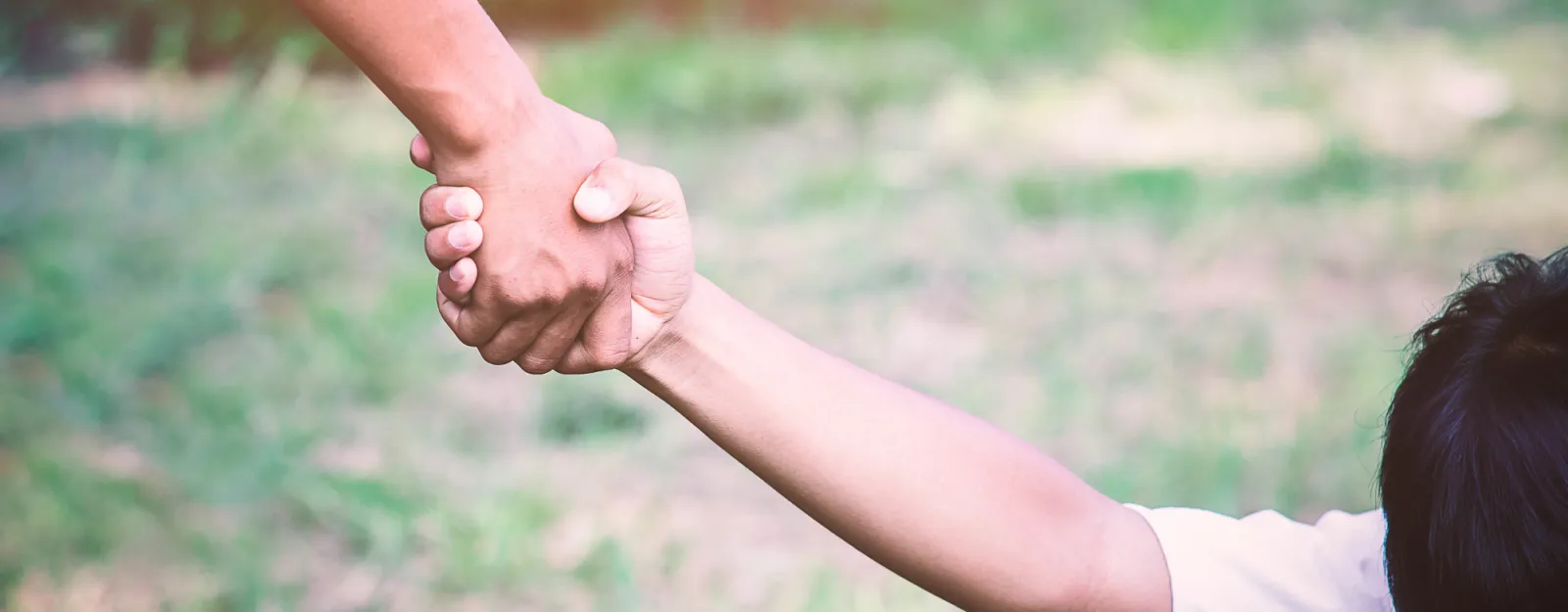
Omar Edwards sits outside his apartment in Marietta. MUST Ministries provides housing for 73 disabled individuals previously living in homelessness in Cobb and Cherokee Counties.
Homeless neighbors find shelter in MUST Permanent Supportive Housing
Once his shift at Wal-Mart wound to an end, Omar Edwards had nowhere to go. No one he worked with knew that the employee with the boisterous laugh, who arrived to work an hour early, had no home to return to — except two pieces of luggage and a blanket he fashioned into a tent.
The Georgia Department of Community Affairs 2015 Report on Homelessness estimates that on a single night in January, 756 individuals living in Cobb and Cherokee Counties were homeless. Edwards no longer includes himself in that number. Today, he is one of 73 people receiving stable housing from MUST Ministries-™ Permanent Supportive Housing Programs.
The long-term programs house homeless individuals whose physical or mental disabilities or substance abuse disorders make it difficult for them to obtain self-sufficiency. The ultimate goal of the program, according to Rhonda Hall, Program Director, is to connect clients with the resources they need to gain stability and eventually return to independent living.
-�Supportive Housing provides a safe, stable place for individuals who desire to better their lives,-� she said. Today, Edwards is involved in a church program educating people about the realities of homelessness and working towards financial self-sufficiency.
Clients are provided with fully-furnished, two bedroom apartments with utilities included, as well as toiletries, household items, food support when needed, and access to supportive services. Case managers work with clients to determine personal education, employment and health goals to connect them to the resources needed to achieve those goals. Resources can include anything from obtaining food stamps or social security benefits, to physical and mental health treatment, dental services, employment services, GED classes and recovery meetings.
Homeless families need help
Clients come from any number of circumstances. Before his search brought him to MUST, Herb Schwalbe took shelter wherever he could find it: here a tent in the woods, there a friend-™s home, and even a few nights in a hospital waiting room. -�If it wasn-™t for this, I don-™t know where I-™d be,-� he said.
Although many clients, like Schwalbe, are single individuals, families also make up a portion of the program-™s client base. One of these families, a mother named Michelle Smith and her 15-year-old son, were admitted to the program in 2013 after Smith-™s substance abuse inhibited the two from finding housing anywhere but in the most unlivable of conditions.
-�We were living in a trailer that was basically condemned, and we were living there with three other people.-� Smith remembered. -�We wanted a change but had no resources.-�
Since entering the program, Smith said she has remained sober and found employment as a supervisor at a greenhouse in the area. A housing voucher granted her by the U.S. Department of Housing and Urban Development will soon enable her and her son to find their own housing and live independently.
A place for veterans
Veterans also make up a significant portion of the program. The 10-apartment Veterans-™ Supportive Housing Program in Cobb County serves 16 honorably or generally discharged veterans. The United Way of Greater Atlanta indicates that veterans constitute 21 percent of all homeless individuals living in Atlanta.
-�People look at them like they-™re a threat,-� said case manager Michael Boyd. -�These people are good. They-™ve served our country. They took bullets. They-™ve suffered from depression. They-™ve had to go through a lot of things that you and I will probably never go through.-�
Depression, post-traumatic stress disorder and anxiety are all common mental illnesses reported by clients of both the veteran and non-veteran programs. Because of this, case managers place a great emphasis on self-esteem, positive affirmation and community. Clients gather together in weekly community meetings to share news, exchange helpful information and celebrate birthdays and advances made towards self-sufficiency.
-�Every person in the program is loved and accepted for who they are,-� said Rachel Castillo, Vice President of Program Services at MUST, -�so it really does become like a great big extended family.-�
Between the two campuses, MUST Permanent Supportive Housing has sheltered 115 people in the past year. According to Hall, 99 percent of these did not choose to live in homelessness, but none of the residents lets this deter them from choosing their future. Schwalbe said his dream is to eventually move out and have a home together with Smith, his girlfriend. Her dreams are equally bright.
-�My outlook on everything has changed,-� she said. -�I have all the options in the world now.-�
How to help: Give to the housing program or sign up to volunteer at mustministries.org.

